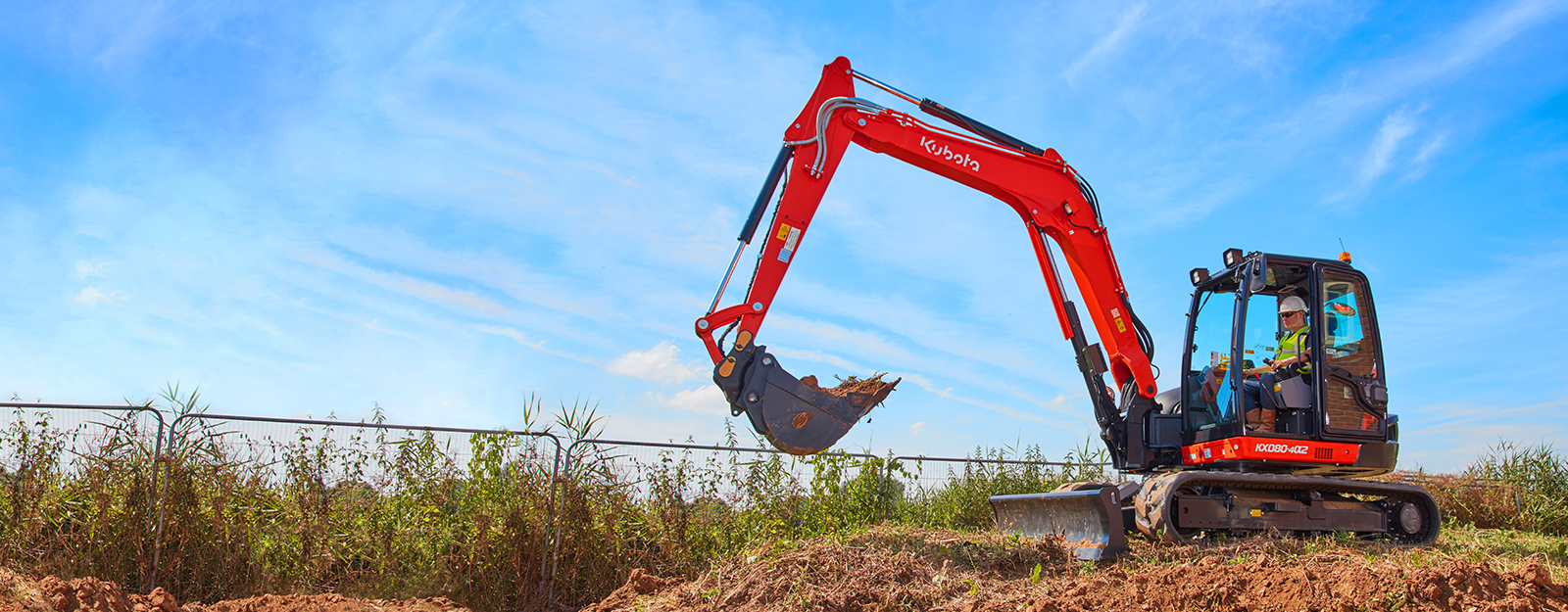Heavy Equipment Rental: High-Quality Equipment for Rental Fee
Leasing Vs. Acquiring Building And Construction Equipment: Making the Right Choice for Your Project
When starting a building and construction project, among the critical choices that predict managers and stakeholders face is whether to rent or purchase construction tools. Both choices have their advantages and drawbacks, making the selection a critical one in the task planning procedure. The choice hinges on different aspects such as price factors to consider, project duration, devices upkeep, threat, scalability, and flexibility monitoring. Each element plays a crucial role in figuring out the most ideal course for the job's tools requirements. equipment rental company. Allow's discover these factors even more to comprehend exactly how they impact the decision-making process and inevitably the success of the task.
Expense Factors To Consider
When assessing the financial element of purchasing versus renting out building and construction equipment, the long-lasting expenses and upfront costs should be carefully considered. Renting out tools frequently calls for reduced initial repayments compared to buying, making it an appealing option for short-term tasks or service providers with spending plan restraints. Renting removes the requirement for huge funding outlays and reduces the financial threat connected with tools ownership, such as upkeep and devaluation prices. Nevertheless, in the lengthy run, consistently renting out equipment can gather greater costs than buying, particularly for extensive tasks.
On the other hand, buying building and construction devices entails higher upfront expenses but can result in lasting financial savings, specifically for long-term projects or constant users. Ultimately, the decision in between purchasing and renting out construction tools pivots on the task's duration, frequency of use, spending plan considerations, and long-term monetary goals.
Task Period

On the other hand, for long-lasting projects or ongoing construction work, buying devices can be the much more economical choice. Buying equipment can bring about set you back financial savings in the future, especially if the equipment will certainly be often made use of. Furthermore, possessing equipment offers a sense of control over its accessibility and enables customization to fit specific project demands.

Tools Maintenance
Provided the essential function job duration plays in determining the most affordable technique in between leasing and purchasing building tools, the focus currently changes in the direction of checking out the crucial facet of tools maintenance. Correct maintenance is critical for guaranteeing the optimal performance and long life of building equipment. Leasing devices typically comes with the advantage of having properly maintained equipment offered by the rental firm. This can reduce the worry of maintenance jobs from the project owner or professional, conserving effort and time. On the various other hand, owning equipment needs a proactive approach to upkeep to avoid break downs, ensure safety and security, and extend the equipment's lifespan. Routine evaluations, servicing, and timely fixings are needed to maintain owned and operated equipment in leading working problem. Aspect in maintenance costs when deciding in between purchasing and renting, as neglecting maintenance can bring about pricey repairs, downtime, and project delays. Ultimately, a well-maintained construction equipment fleet, whether rented or possessed, is necessary for the effective and reliable conclusion of building and construction jobs.
Versatility and Scalability
In the realm of building equipment management, the element of flexibility and scalability holds significant importance for project efficiency and resource application. Choosing to rent out building equipment provides a high level of adaptability as it allows for the fast change of devices types and quantities based on the advancing needs of a job.
Renting out building devices offers the benefit of conveniently scaling procedures up or down as task needs fluctuate. Specialists rent front end loader near me can promptly trade or include equipment to match the job's transforming demands without the constraints of owning assets that might come to be underutilized or outdated.
Threat Management
Reliable risk management in building and construction devices procedures is extremely important to making sure task success and mitigating possible economic losses. Construction tasks naturally include numerous risks, such as tools failures, crashes, and task hold-ups, which can dramatically impact the task timeline and budget plan. By carefully considering the threats connected visit this site with owning or renting out building devices, project supervisors can make enlightened decisions to reduce these prospective hazards.
Renting out building and construction equipment can supply a level of danger mitigation by transferring the responsibility of maintenance and repair services to the rental company. This can minimize the financial concern on the project owner in instance of unanticipated tools failures (mini excavator rental). Furthermore, renting supplies the flexibility to accessibility specific devices for details job stages, decreasing the threat of owning underutilized equipment
On the various other hand, owning building equipment gives a sense of control over its usage and maintenance. However, this also means bearing the full duty for repair work, maintenance prices, and depreciation, raising the economic risks related to devices possession. Careful risk assessment and consideration of aspects such as project duration, equipment usage, and maintenance requirements are vital in determining the most suitable choice for reliable risk management in construction tasks.
Final Thought
To conclude, when determining between renting out and buying building and construction equipment, it is important to take into consideration price, task duration, equipment upkeep, risk, flexibility, and scalability management. Each element plays a critical function in determining the most ideal alternative for the task at hand. By carefully examining these aspects, project managers can make an informed decision that lines up with their budget plan, timeline, and overall project goals.
